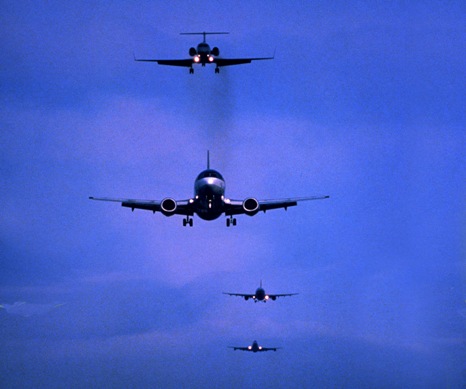I've been a broadcast meteorologist on television since the early 1990's. Happy to answer any questions about the weather or local TV news. Yes, I often wear sneakers on set just out of view of the camera.
Well...yes. It actually depends on the station and the individual. I would say that most of us develop a forecast of our own from data provided mainly from NOAA as well as other agencies. Some will use the forecast generated at the local National Weather Service and a few others may have a forecast provided by a private forecast service. Thanks
Hi, Brian. Being so close to the coast is doesn't snow in Virginia Beach as much as father inland, but it does happen. You can find out more about the climatology here: http://www.weather.gov/akq/
Thanks!
Looks like you are both right, Jane. In broad terms, storm systems move from west to east across the US, usually with the jet stream. The jet is amplified in wave patterns, kind of like snapping a bed sheet over a bed. Sometimes storms will approach you from the southwest, traveling up the "hill" of the wave, and other times from the northwest, coming down the hill. Great question, thanks!
Yes, Ron. Not my favorite presentation since it washes out and minimizes the data, but producers and managers get bored easily sometimes.
Air Traffic Controller
 When would you order fighter jets to be scrambled?
When would you order fighter jets to be scrambled?
School Teacher
 How do you see parents failing in their children's education?
How do you see parents failing in their children's education?
Flight Attendant
 What kinds of passengers annoy you the most?
What kinds of passengers annoy you the most?
Hello, Ladies. Yup, there sure are. Not knowing the age group of your audience makes it a little diffucult for me to give an answer. I'd start with an Internet search, and, basic meteorology books, espeically ones geared toward kids are also a good resource. Goog luck!
I think most of us generically call it "the clicker". It is a simple wireless controller hooked up to the weather computer to advance to the next map. Some have several buttons for higher functions like dropping cutouts on the maps or drawing. Back in the day some stations simply used a garage door opener. Good question. Thanks Harry.
Hi, JG. I must admit that is a bit out of my area of expertise. You might try an internet search. I found this: http://www.surfline.com/surf-report/costa-rica_2736/map/
Thanks!
-OR-
 Login with Facebook
Login with Facebook (max 20 characters - letters, numbers, and underscores only. Note that your username is private, and you have the option to choose an alias when asking questions or hosting a Q&A.)
(A valid e-mail address is required. Your e-mail will not be shared with anyone.)
(min 5 characters)
By checking this box, you acknowledge that you have read and agree to Jobstr.com’s Terms and Privacy Policy.
-OR-
 Register with Facebook
Register with Facebook(Don't worry: you'll be able to choose an alias when asking questions or hosting a Q&A.)